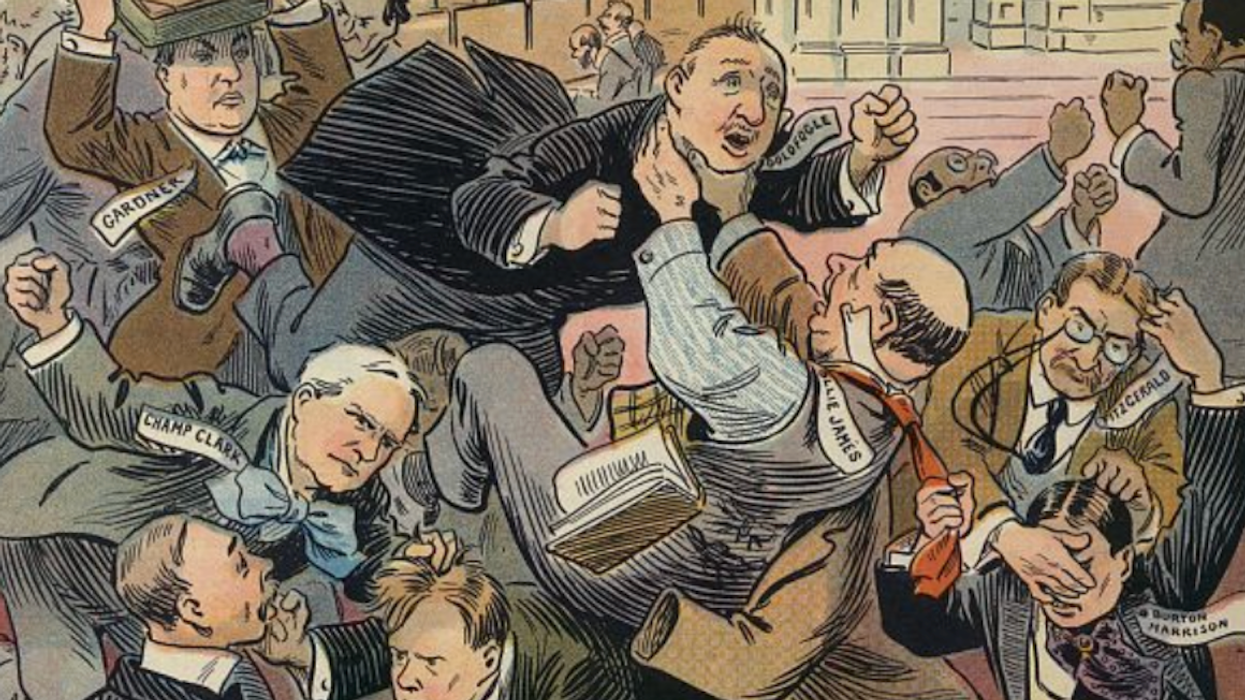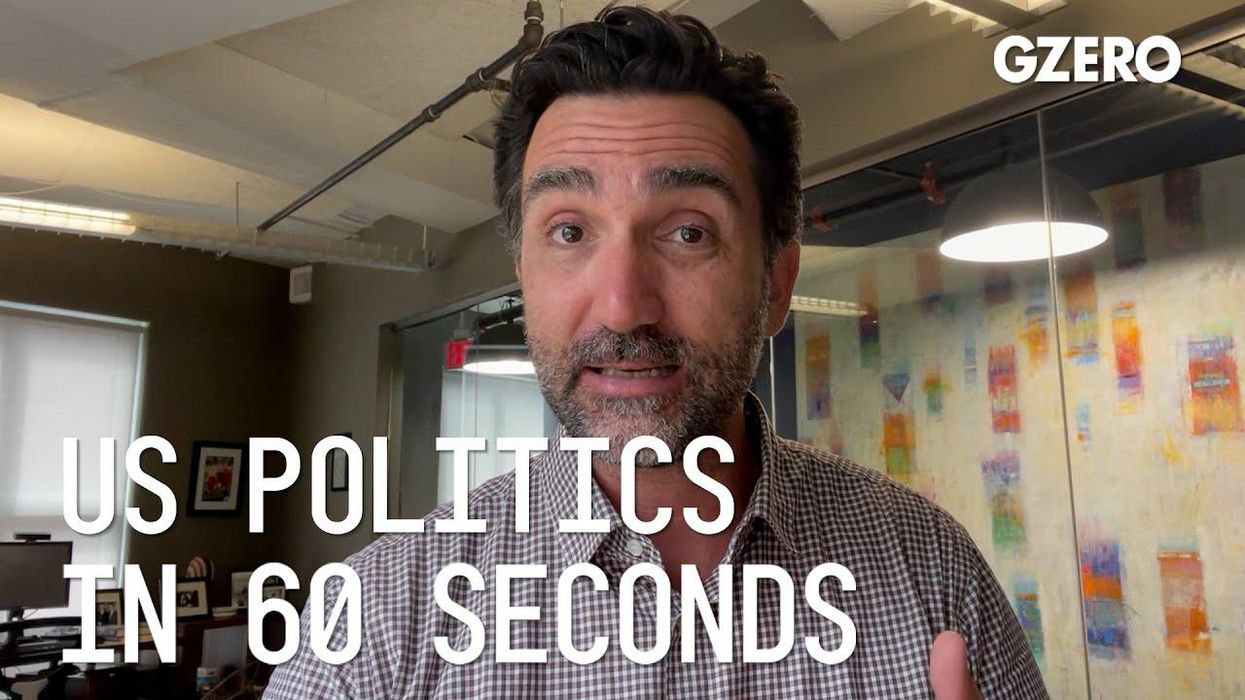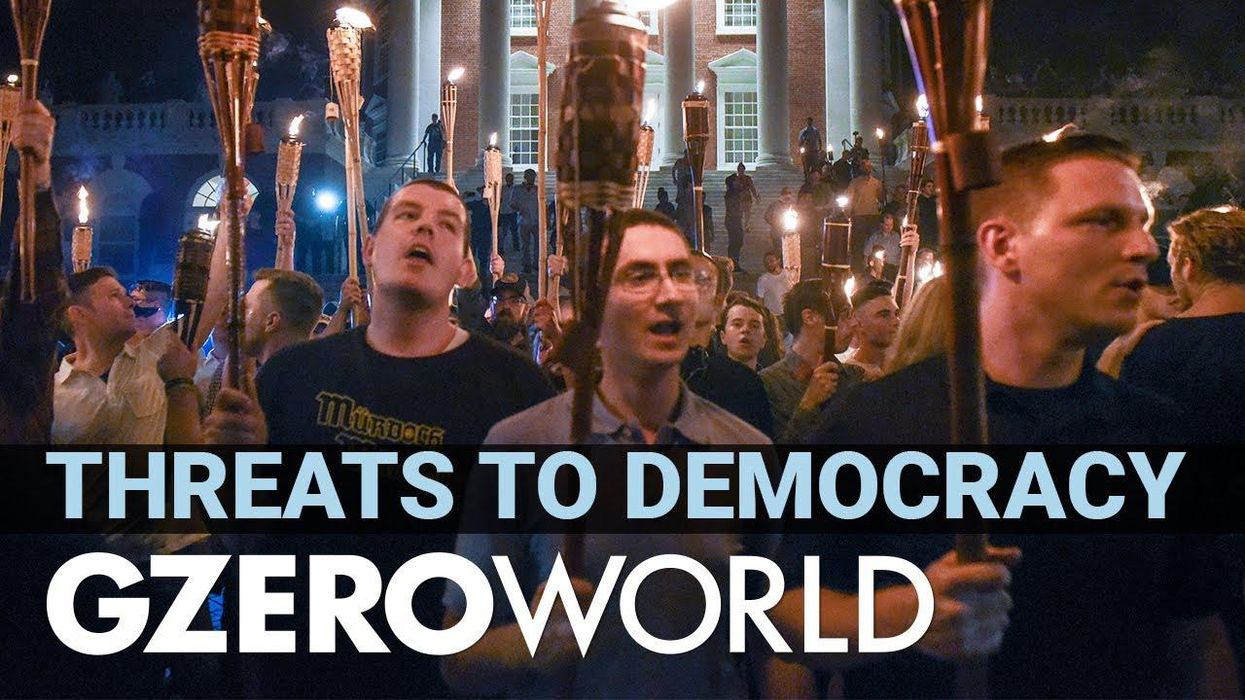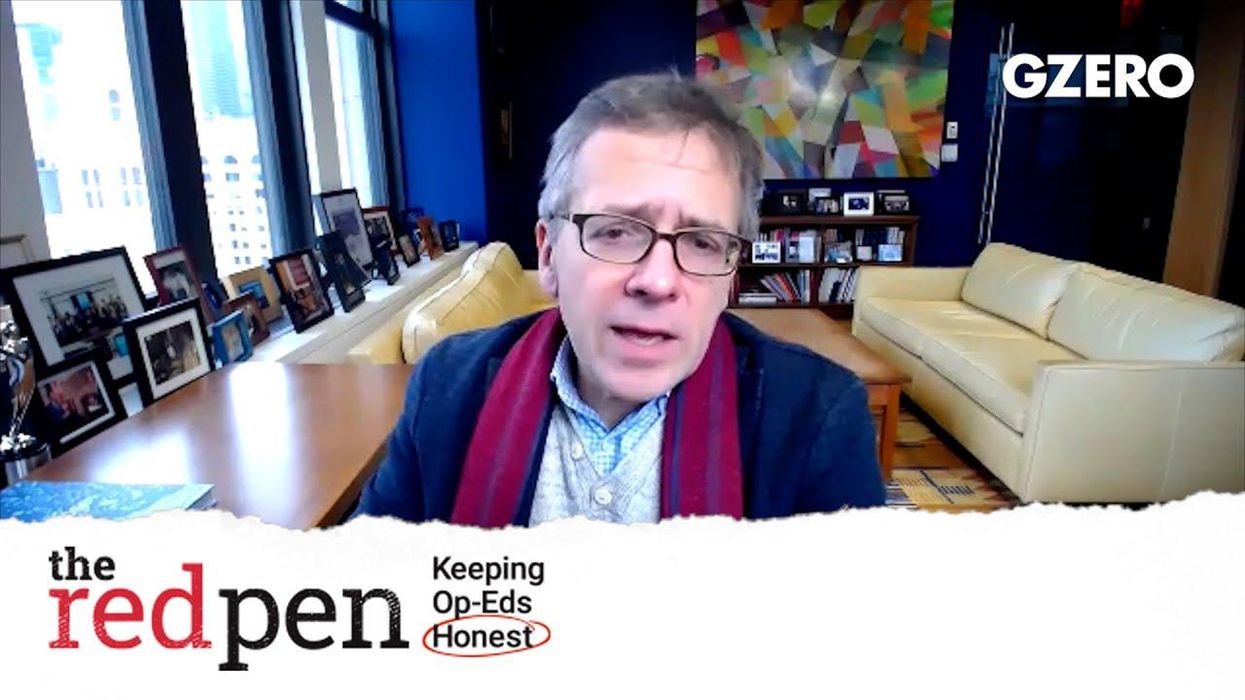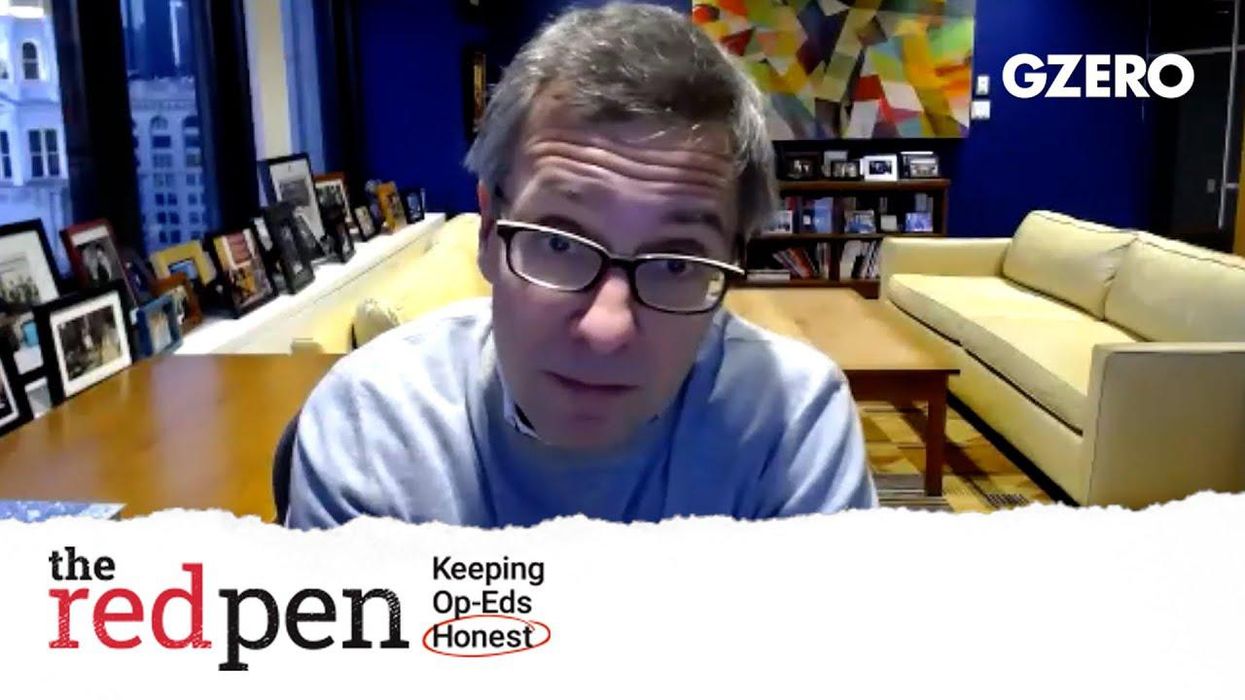Analysis
The end of polarization in America?
How does this all end? Does it? It’s a question a lot of Americans have been asking themselves in the week since an assassin’s bullet missed Donald Trump’s skull by less than a quarter of an inch.
Jul 19, 2024
